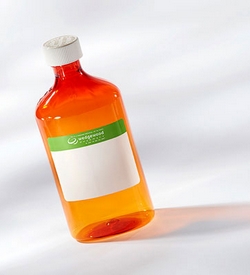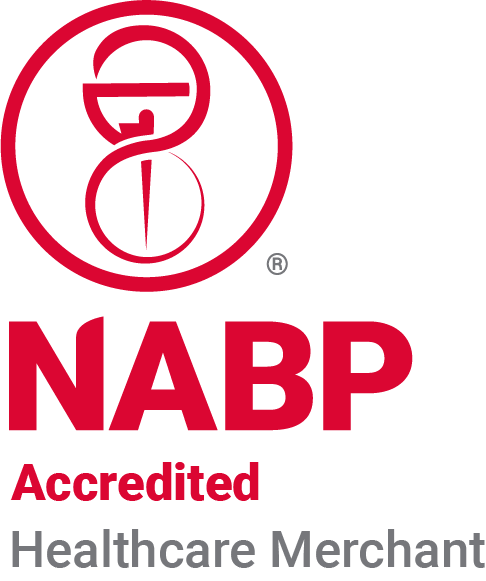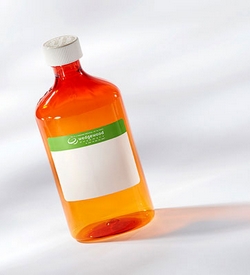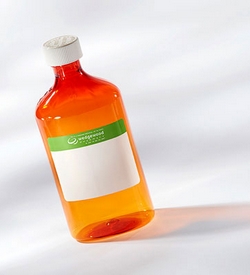Providing Quality & Trust
Benazepril HCl Furosemide Oral Suspension
Wedgewood Pharmacy
Starting at $134.13
$134.13 Each
Detailed Description
Benazepril HCl / Furosemide Oral Suspension

How to Give this Medication
Give this medication to your pet exactly as your veterinarian prescribes. If you miss giving your pet a dose of furosemide, give the next dose as soon as you remember or, if it is close to the next scheduled dose, return to the regular schedule. Do not double dose to catch up.
Wash your hands after giving your pet this medication. .
Side Effects
Be sure to discuss any side effects with your veterinarian immediately.
The most common side effects are associated with dehydration and electrolyte disturbances.
Rare: allergic reactions, increased blood sugar, ear damage, anemia, low white blood cell counts, and gastrointestinal (GI) disturbances.
General Drug Information and Indications
Benazepril is a drug that is used in dogs and cats with heart and/or kidney problems. Benazepril causes the small blood vessels to relax (vasodilation), which makes it easier for blood to circulate, decreasing blood pressure and the workload on the heart. It is frequently used with other heart medications, such as diuretics or beta blockers. Benazepril is used for the treatment of high blood pressure (hypertension) in dogs. It may also be used to treat high blood pressure in cats although there are other drugs that are more commonly used for this purpose.
Benazepril is approved for use in dogs and cats in the United Kingdom, but not in the United States. When the appropriate form or dose of this drug is not available through a veterinary pharmaceutical manufacturer, it may be compounded by a specialty pharmacy.
How to Give this Medication
Give this medication to your pet exactly as your veterinarian prescribes. If you miss giving your pet a dose of benazepril, give the next dose as soon as you remember or, if it is close to the next scheduled dose, return to the regular schedule. Do not double dose to catch up.
Do not stop giving this medicine without consulting with your veterinarian.
Wash your hands after giving your pet this medication.
Side Effects
Be sure to discuss any side effects with your veterinarian immediately.
The most common side effects are low blood pressure, dizziness, weakness, and stomach upset.
Less common side effects include kidney damage and changes in blood potassium levels.
Precautions
Keep this and all drugs out of reach of children. Benazepril is a prescription drug and should be used according to your veterinarian's directions. It should only be given to the animal for which it was prescribed. Do not give this medication to a person.
How to Give this Medication
Give this medication to your pet exactly as your veterinarian prescribes. If you miss giving your pet a dose of furosemide, give the next dose as soon as you remember or, if it is close to the next scheduled dose, return to the regular schedule. Do not double dose to catch up.
Wash your hands after giving your pet this medication. .
Side Effects
Be sure to discuss any side effects with your veterinarian immediately.
The most common side effects are associated with dehydration and electrolyte disturbances.
Rare: allergic reactions, increased blood sugar, ear damage, anemia, low white blood cell counts, and gastrointestinal (GI) disturbances.
Drug Interactions
Be sure to review with your veterinarian any medications or supplements your pet may be receiving. Pets receiving benazepril may be on multiple medications because of the severity of their health problems. Careful monitoring and adjustment of drug doses and therapies may be necessary to achieve the right balance.
Diuretics, such as furosemide or spironolactone, and other vasodilators drugs may increase the incidence of low blood pressure or change blood potassium levels.
Non-steroidal anti-inflammatory drugs, including aspirin, should be avoided in animals on benazepril because of the increased risk of kidney damage.
Overdose
If you suspect your pet or another animal was overdosed accidentally or has eaten this medication inadvertently, contact your veterinarian or the A.S.P.C.A.'s Animal Poison Control Center at 888.426.4435. Always bring the prescription container with you when you take your pet for treatment.
If you or someone else has accidentally ingested this medication call the National Capital Poison Center at 800.222.1222.
Storage
Different strengths or dosage forms of benazepril may have different storage requirements. Read the label or ask your pharmacist for the storage requirements of the prescription you receive.

Powered by nopCommerce
This site is running in live payment mode. Real payments will be processed.

